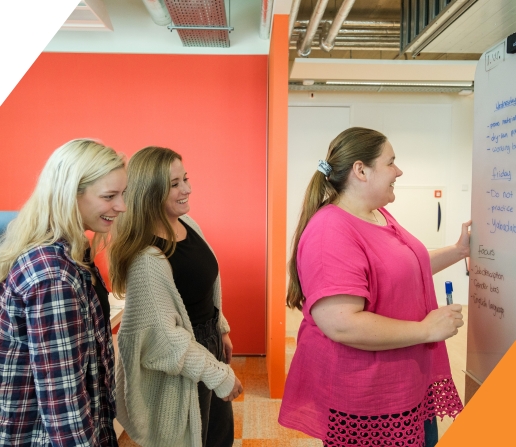Deep Learning is a cutting edge technology that has revolutionized AI and Machine Learning in the past few years. It is an advanced technique that can automatically discover patterns from large amounts of data. Common examples of Deep Learning that we all use on a daily basis include speech recognition (e.g. Siri, Alexa etc.) and movie or music recommendation (e.g. Netflix, Spotify). Even your daily Google searches are powered by Deep Learning.
Within every domain that comes with a lot of data, Deep Learning can improve and empower business processes. HR and Talent Acquisition (TA) is no exception. In this article, we will shortly discuss three examples of potential applications of Deep Learning in the HR or TA domain.
CV Parsing
CV Parsing is a crucial first step for TA: properly understanding and coding CVs is essential for searching, matching or data analytics. CV Parsing is considered a commodity nowadays, but under the hood, there are elaborate, complex language models based on Deep Learning. In 2017, Textkernel released the first Deep Learning-based CV parser with a very big improvement in parsing accuracy. Language models based on this technique are much more rich and subtle than simpler language models, and therefore “understanding” the text in a CV is much easier.

Knowledge Mining
Because Deep Learning allows algorithms to have a deeper “understanding” of what language means, that also means we can apply it to gather domain knowledge from data. For example, the algorithm can learn that good communication skills are important for a sales job. It can also understand very specialized skills, and how they relate to each other, like big data skills ‘Hadoop’ and ‘HDFS’ being related. Once incorporated in products like Textkernel’ Search&Match, recruiters can find and match the right candidates or jobs without knowing this specialized knowledge.

Matching people and jobs
A Deep Learning algorithm can learn which people in your database are good candidates for a given job. Based on past data, Deep Learning models can be taught to understand what are important elements for a good match. The advantage that Deep Learning can bring for this application is that it grasps subtleties much better than a keyword-based matching system.
These are just three examples of how Deep Learning can empower TA processes. If this article piqued your curiosity, please join us at our webinar on June 10th. In this webinar, we will explain in Layman’s terms how Deep Learning works and how it can be applied to the TA domain. No prior technical experience or knowledge required.
This blog post was written by Vincent Slot, team lead Search R&D and Mihai Rotaru, head of R&D at Textkernel.




